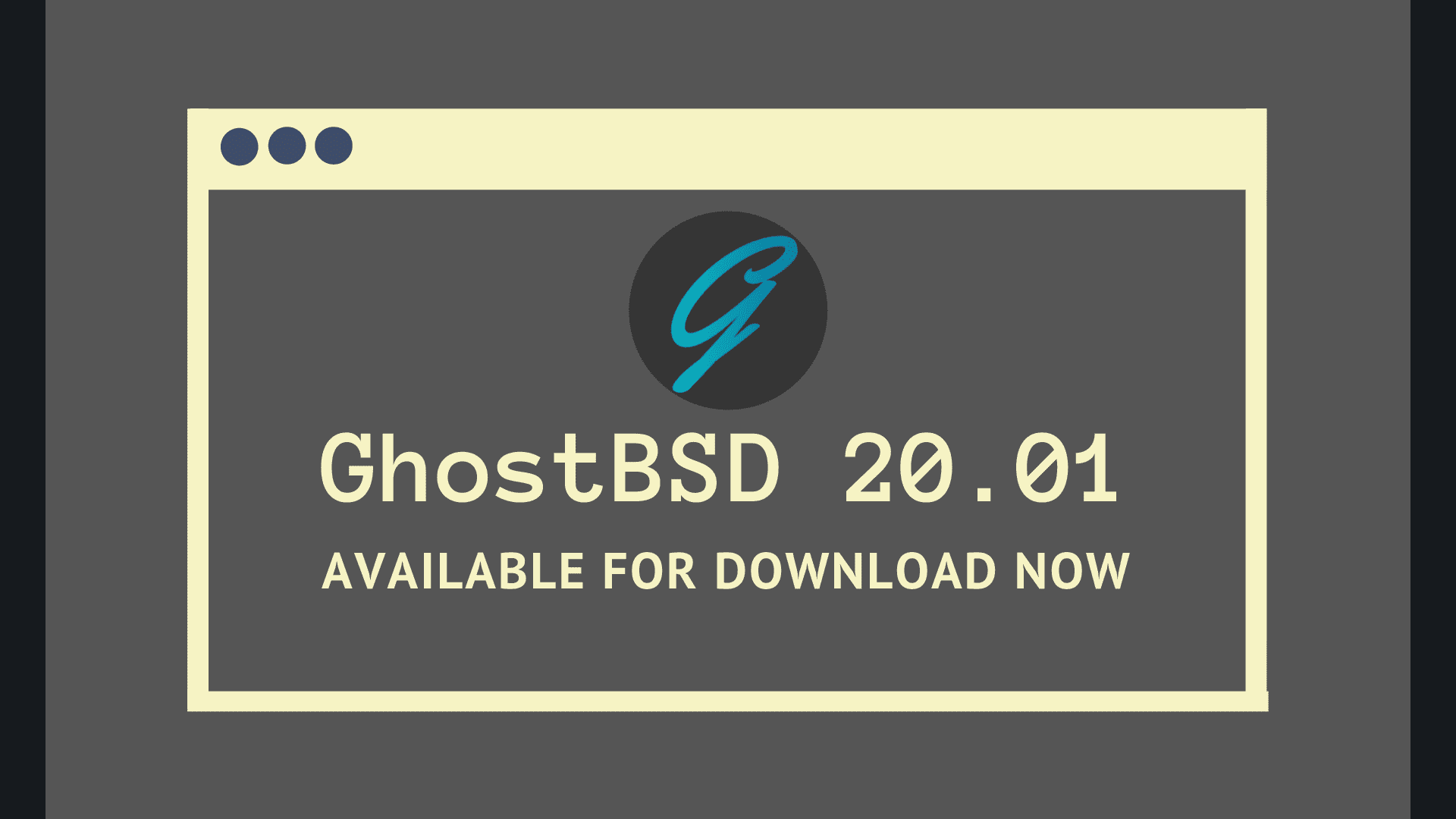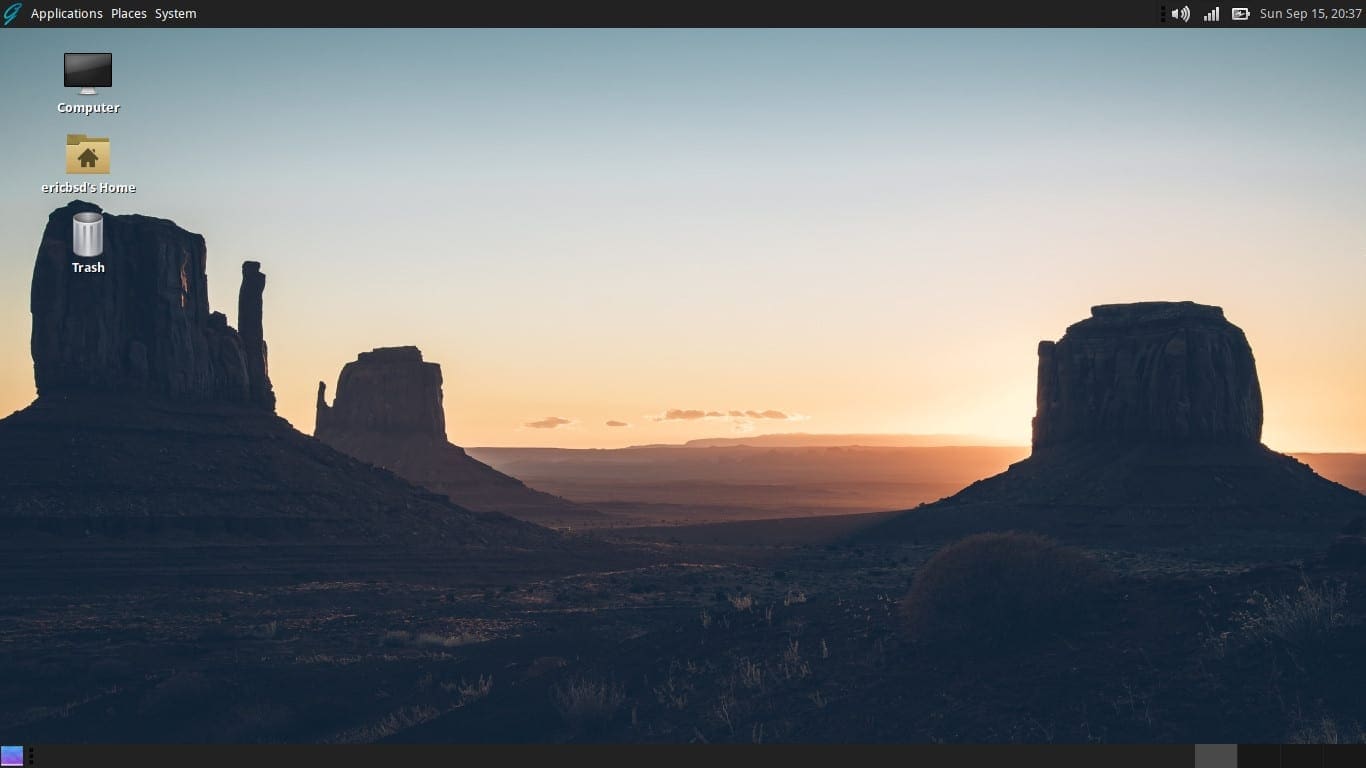The GhostBSD Team announced the release of GhostBSD 20.01. In the official release announcement, GhostBSD Project founder Eric Turgeon said, “I am happy to announce the availability of GhostBSD 20.01 with some improvements made to the installer, mainly improvements to the way the installer UI deals with custom partitions involving GTP and UEFI.”
About GhostBSD 
The first iteration of GhostBSD, 1.0, was first released in the FOSS community in March 2010, based on FreeBSD, with the project goal to combine security, privacy, stability, usability, openness, freedom, and to be free.
In May 2018, with the release of GhostBSD 18.10, the base distro switched to TrueOS, which is based on FreeBSD’s development branch. Ghost BSD’s default desktop environment is MATE.
What’s changed in GhostBSD 20.01?
The main improvements to the new version are to the installer but include some system and software updates.
Updates
- Systems updated to v12.1-STABLE
- MATE DE now at v1.22.2
- Warning added when Software Station detects an incorrect password
- UI installer limitation with GPT and UEFI fixed
Bug Fixes
- Bug #123 – GBI partition not working properly
- Feature #117 – remove doas in NetworkMgr code and add sudoers.d/networkmgr
GhostBSD 20.01 Minimum Requirements
- Pentium 4 or above
- 1024 MB of RAM
- 20 GB free HD space
- Network card
- Sound card
- NVIDIA 3D accelerated video card
Upgrade instructions and download locations
There is no need for existing GhostBSD 19.10 users to reinstall. These users can easily upgrade with the following commands:
# sudo pkg update -f # sudo pkg upgrade
FOSS Linux readers wishing to try out the new release can download GhostBSD 20.01 ROM the official Project GhostBSD website. Both the official release featuring the MATE desktop environment and a community release which features the XFCE desktop environment are available there. Users can choose between direct and torrent downloads for each.
Conclusion
The GhostBSD 20.01 release signals the commitment of Turgeon and the dev team to continue to improve upon the distro and their willingness to listen to and address the concerns and needs of its users. It also demonstrates their continued allegiance to the original project goal to provide a distro focused on “security, privacy, stability, usability, openness, freedom, and to be free.”


